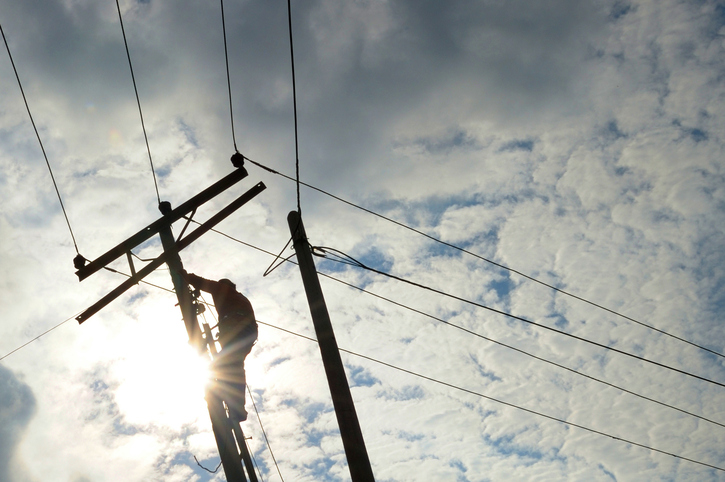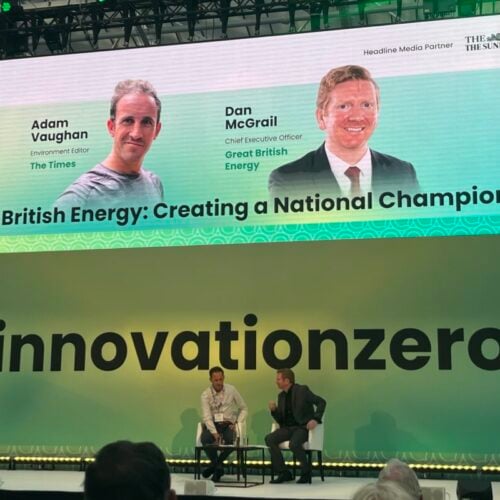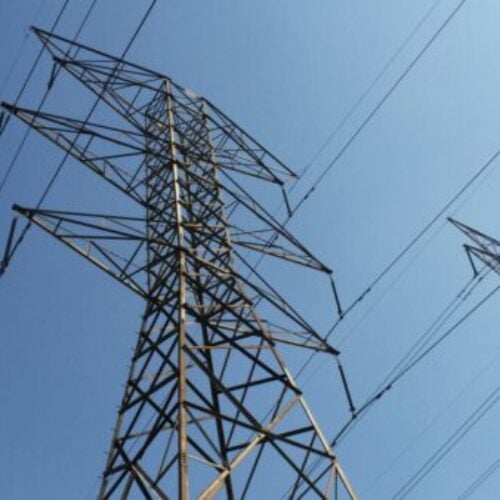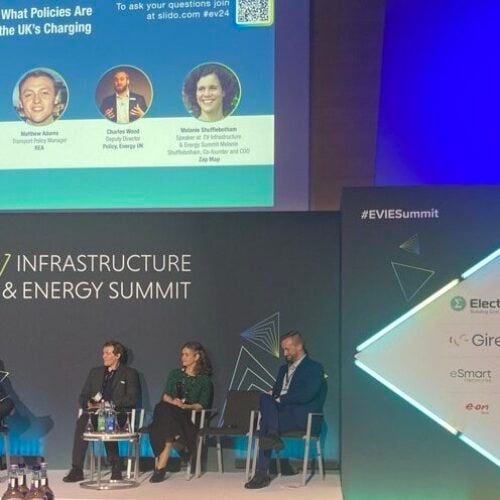The traditional ‘supplier hub’ model of energy supply in the UK may “break down” as the UK power market continues to become more decentralised, Ofgem has warned.
The country’s energy regulator issued the warning today within its maiden State of the Market report, outlining its current views on the UK’s power sector.
Within the document Ofgem said the pace and scale of change to energy generation, networks and suplliers was “unlike anything we’ve ever seen before in the sector”, with those changes expecting to have considerable impacts on how power is generated and sold throughout the UK.
This, Ofgem said, could cause the deterioration of the traditional model in which consumers purchase their electricity from one supplier. A mix of peer-to-peer energy trading, furthered largely by much wider deployment of small-scale renewables and storage, and an expected diversification of the supply market is likely to drive further change in this regard.
Dermot Nolan, chief executive at Ofgem, effectively said as much during his opening address at the Energy UK conference earlier this month, asserting that “change was coming” and that suppliers needed to get grips with it.
Nolan also used the address to discuss a potential relaxation of Ofgem’s requirement of a full licence to supply electricity in the UK. Any relaxation of this requirement would allow other parties to cater for all, or at least part, of a consumer’s energy demand.
This would not only allow for peer-to-peer energy trading networks to take off, but also open the doors for other merchant operators, including the likes of Amazon or Apple, to enter the supply market.
The possibility has been broached before but has continued to gather impetus as power markets across the globe continue to decentralise.
And it’s this decentralised power market that Ofgem today called for greater collaboration on, insisting that the transformed energy sector “must be built collectively”. The regulator also warned that the grid would need to adapt to future constraints or matching demand with supply would become more difficult and expensive in the future.
Ofgem estimated within its market report that the current added cost of intermittency within power generation stood at around £5-£10/MWh – at the lower end of the spectrum of estimates – but reiterated that this would increase if the grid failed to adapt to increasing levels of variable generation from sources such as wind and solar.
There was too some ambiguity over the impact greater adoption of electric vehicles would have on demand with Ofgem calling it “highly uncertain”.






